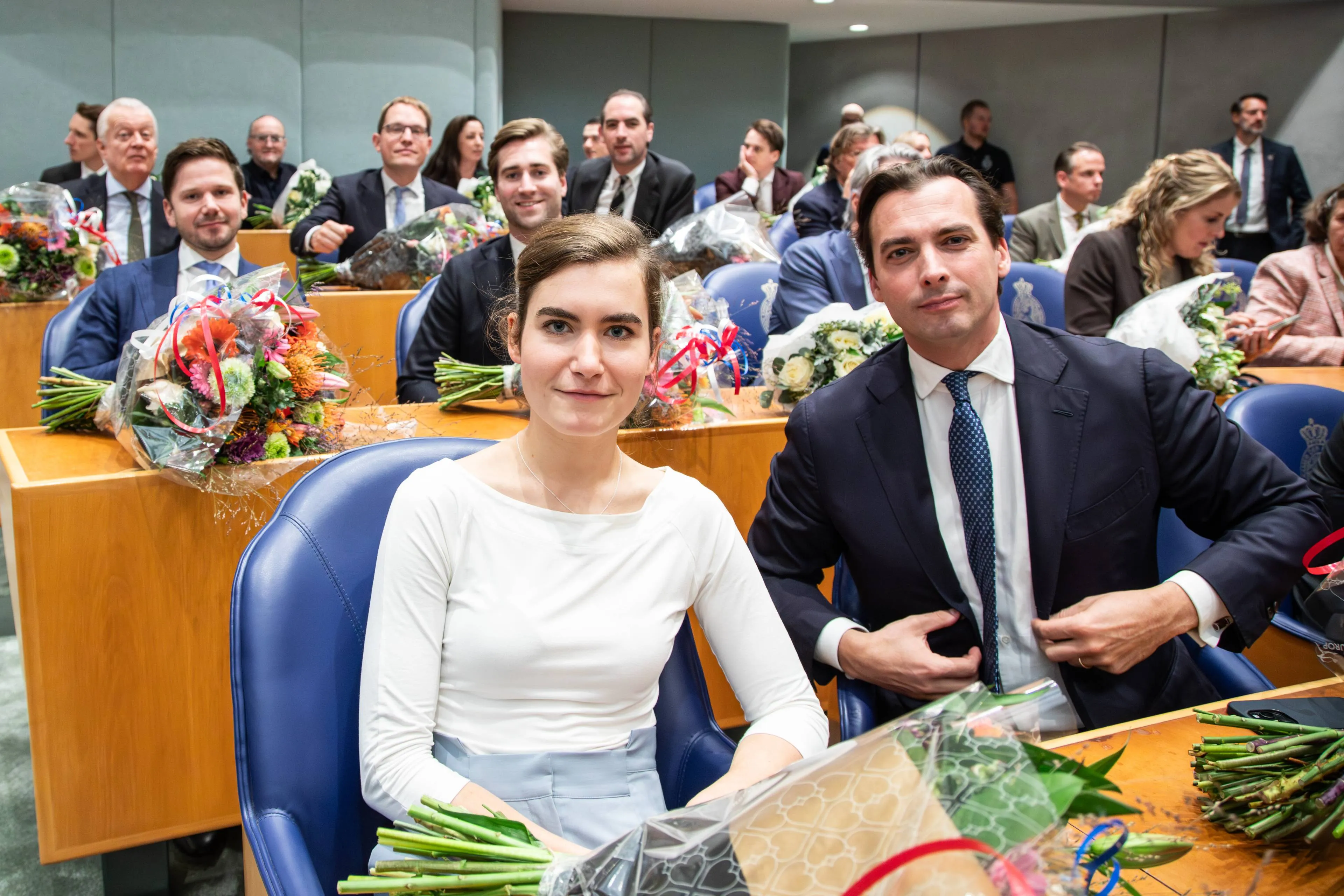Klimaatweddenschap
Zoals mijn trouwe lezers weten, heb ik een aantal jaren geleden met Bart Strengers van het PBL gewed over de toekomstig verloop van de gemiddelde wereldtemperatuur. Hij verwachtte verdere opwarming en ik afkoeling. Zie hier.
In Engeland werd een soortgelijke weddenschap afgesloten tussen David Whitehouse (afkoeling) en James Annan (opwarming). Deze weddenschap is nu door Whitehouse gewonnen. Deze schrijft daarover:
Winning A Climate Bet
Predictions, Niels Bohr once said, are difficult, especially about the future. They are even more interesting however, when there is money at stake.
In December 2007 I wrote what I thought was quite a straightforward article for the New Statesman pointing out that it was curious that when so many voices were telling us that global warming was out of control, and that the global warming effect dwarfed natural fluctuations, the global annual average temperature hadnt increased for many years. I wasnt promoting any particular point of view just describing the data.
The New Statesman jumped at it. It caused quite a storm resulting in an Internet record number of comments that were complimentary by a large majority, although there were some less than supportive remarks. It evidently also caused quite a fuss in the offices of the New Statesman. Realclimate.com responded with, in my view, an unsatisfactory knock-down of my piece based on trend lines, which I had expected. Trend lines, especially of indeterminate length in the presence of noise, can tell you almost anything, and nothing.
Terzijde: Mij overkwam iets soortgelijks. De bekende weerman Gerrit Hiemstra beschuldigde mij van 'goochelen' en 'manipulatie'. Zie hier. Onze discussie leverde 210 (!) reacties op.
To my surprise interest in my article was worldwide, and eventually the BBCs radio programme More or Less got in touch. The programme is about numbers and statistics and they set up a series of interviews. You can hear the programme here.
Almost at the last minute the programme-makers came up with the idea of a bet. It was for £100 that, using the HadCrut3 data set, there would be no new record set by 2011. It was made between climatologist James Annan and myself. His work involves analysing climatic data and validating climate models. He accepted enthusiastically as he has a perchant for taking on 'sceptics.'
The presenter said that if the global temperature didnt go up in the next few years, there would be some explaining to do.
Later today, January 13th, More or Less returns to the bet, which I am pleased to say I won. .
Whitehouse vervolgt met een interessante analyse over de vraag of het wel zo verstandig is om lineaire trendlijnen te trekken door puntenwolken met meetgegeven van temperaturen en die naar de toekomst te extrapoleren.
The problem with this approach is that it destroys all information in the dataset save the gradient of the straight line. In climate terms 30 years is usually held to be the shortest period to deduce trends (though shorter periods are used often if the trend deduced is deemed acceptable) but that is not to say there is not important information on shorter periods such as volcanic depressions, El Nino rises and La Nina dips. Then there are the so-called, poorly understood decadal variations.
Back in 2007 many commentators, activists and scientists , said the halt in global temperatures wasnt real. It is interesting that the Climategate emails showed that the certainty some scientists expressed about this issue in public was not mirrored in private.
Terzijde: De Engelsen hebben zo'n beschaafde manier om duidelijk te maken dat hun opponenten de boel belazerden.
What was true in 2007 is even more so in 2012. Since 2007 the reality of the temperature standstill has been accepted and many explanations offered for it, more than can possibly be true! .
So how long must this standstill go on until bigger questions are asked about the rate of global warming? When asked if he would be worried if there was no increase in the next five years James Annan would only say it would only indicate a lower rate of warming! Some say that 15 years is the period for serious questions. We are already there. ...
James Annan is keen on a money markets approach to forecasting global warming, and bemoans the reticence of so-called climate sceptics to put their money where their mouth is! I hope that his early-stage financial loss wont be too much of a setback and a deterrence for potential investors, not that I will be among them.
Whitehouse concludeert:
Now that I am joining the ranks of those who have made money out of global warming (or rather the lack of it) I wonder where the smart money will be placed in the future.
Lees verder hier.
En zo brokkelt de AGW-hypothese steeds verder af.
Voor mijn eerdere DDS-bijdragen zie hier:
Ga verder met lezen
Dit vind je misschien ook leuk
Laat mensen jouw mening weten
Lees ook
Loading


